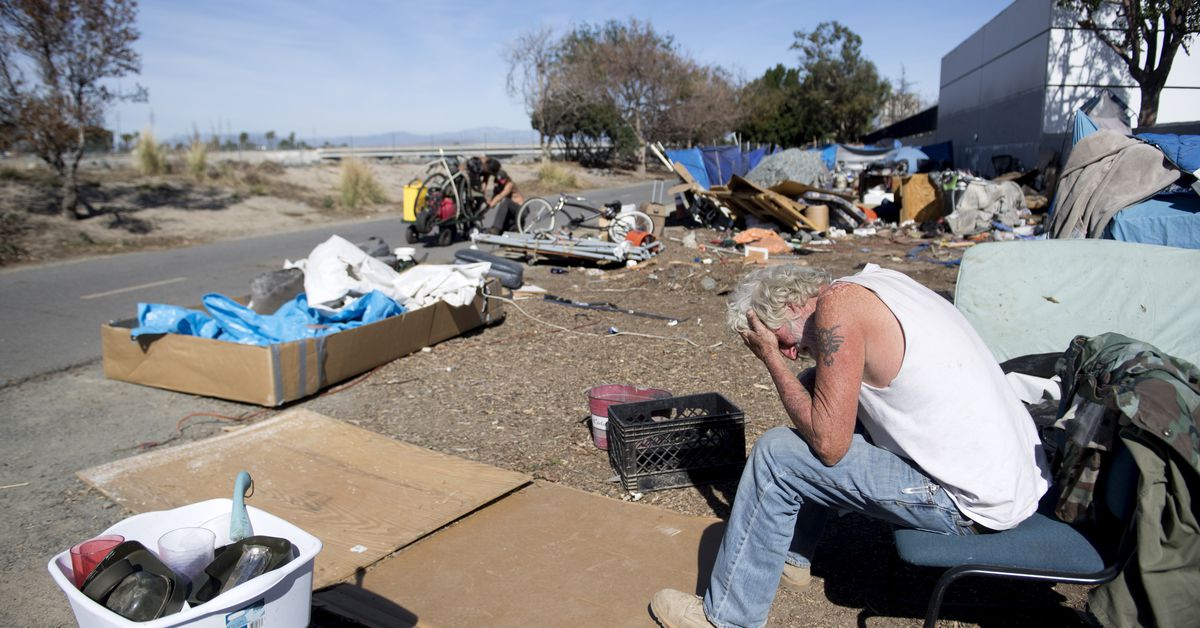Justices are probably afraid that we will revolt if they make being homeless illegal. Because we should if they do.
If they ruled on this one thing, it would throw the entire “freedom” thing out the window. That’s why they won’t touch it.
They do not care about this, and they never have. Seriously, conservatives have literally no values. They defy every. single. conviction they attest to hold dear.
The democrats aren’t saints… But they at least seem to hold onto some semblance of uniformity. It’s quite ironic, really… The conservative ones seem to actually be the democrats when it comes to values and decorum.
They’re afraid to do their job? I wish I could just decide what shit to deal with at work
Just to add a bit of context, it is normal for the supreme court to not hear certain cases just because of how the system works. Cases aren’t just brought before the supreme court, they start at lower levels and move up as they are challenged. Challenge something all the way and it may end up at the supreme court.
When the supreme court makes a decision on a case, there is no further argument and it sets a national precedent which should only be able to be changed by new legislation in Congress (emphasis on should because apparently they can just change their fucking minds on rulings that had been settled for decades).
If they are worried about setting a national precedent on a given issue, or if they believe the prior ruling from the circuit court is sufficient, they can choose to not hear a case. This makes whatever the circuit court decided the final verdict, but preserves the possibility of different circuit courts reaching a different verdict should a similar case be brought before them, in essence keeping the debate on the table until it becomes necessary to set a national standard.
What about Amy Coney Barrets religious moral compass? Shouldn’t a good Christian help the poor and homeless? Isn’t that what Jesus would do? Or would he send the poors to jail because it’s now illegal. /s
This is the best summary I could come up with:
The case, which asks whether a city in Oregon may enact so many restrictions on sleeping in public and similar behavior that it amounts to an effective ban on being unhoused, drew many questions from justices skeptical that the federal judiciary should play much of a role at all in addressing homelessness.
That said, there is an off chance that Justices Brett Kavanaugh and Amy Coney Barrett might join with the Court’s three Democratic appointees to permit a very narrow injunction blocking the web of anti-homelessness ordinances at issue in this case.
Given the morass of competing concerns raised by different justices, it is difficult to predict what the Court’s opinion will ultimately say — although, again, it is unlikely that Grants Pass will end in a significant victory for people who lack shelter.
Barrett, for example, pointed out that Grants Pass is a “pre-enforcement” case — meaning that the lower courts forbade the city from enforcing its ordinance against anyone experiencing “involuntary” homelessness, regardless of that person’s individual circumstances.
As Thomas noted, it’s not clear whether any of the plaintiffs named in this suit have actually been hit with a criminal sanction (as opposed to a civil fine), so they may lack standing to assert their claims under Robinson.
That’s because a 2018 decision by the United States Court of Appeals for the Ninth Circuit held that the Constitution “bars a city from prosecuting people criminally for sleeping outside on public property when those people have no home or other shelter to go to.” That decision will remain in effect unless the Supreme Court modifies it or tosses it out, so another jurisdiction in the Ninth Circuit (which encompasses nine western states) could raise the same question presented by Grants Pass in some future case.
The original article contains 1,498 words, the summary contains 296 words. Saved 80%. I’m a bot and I’m open source!





